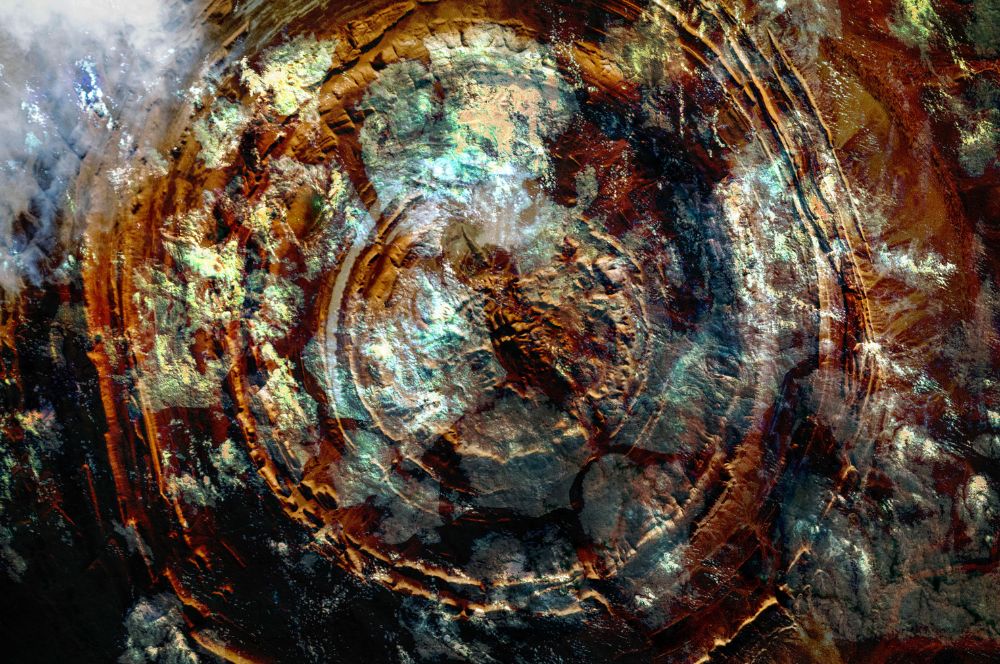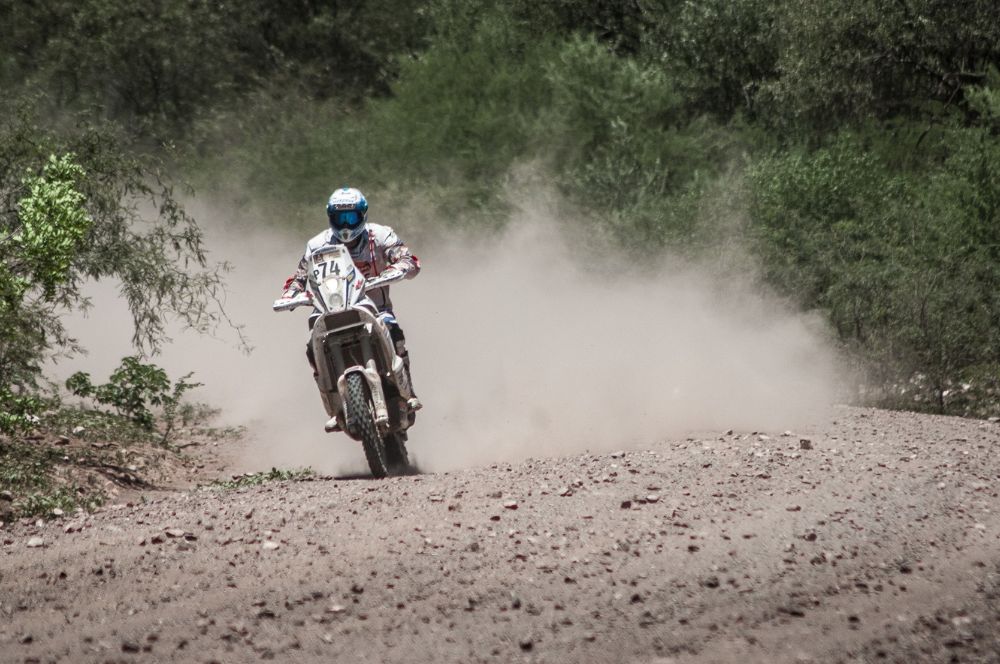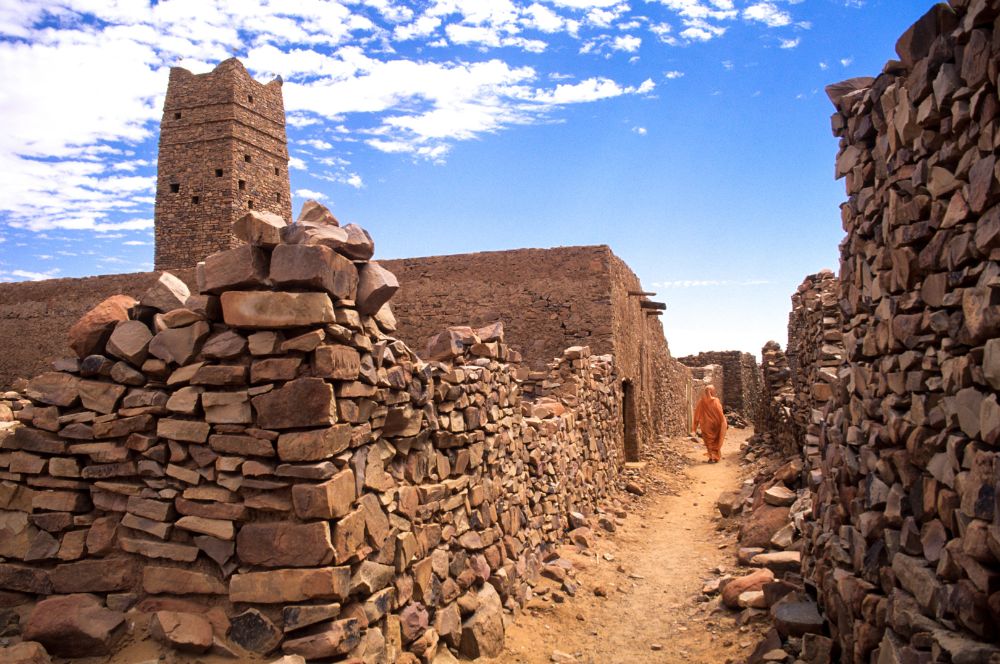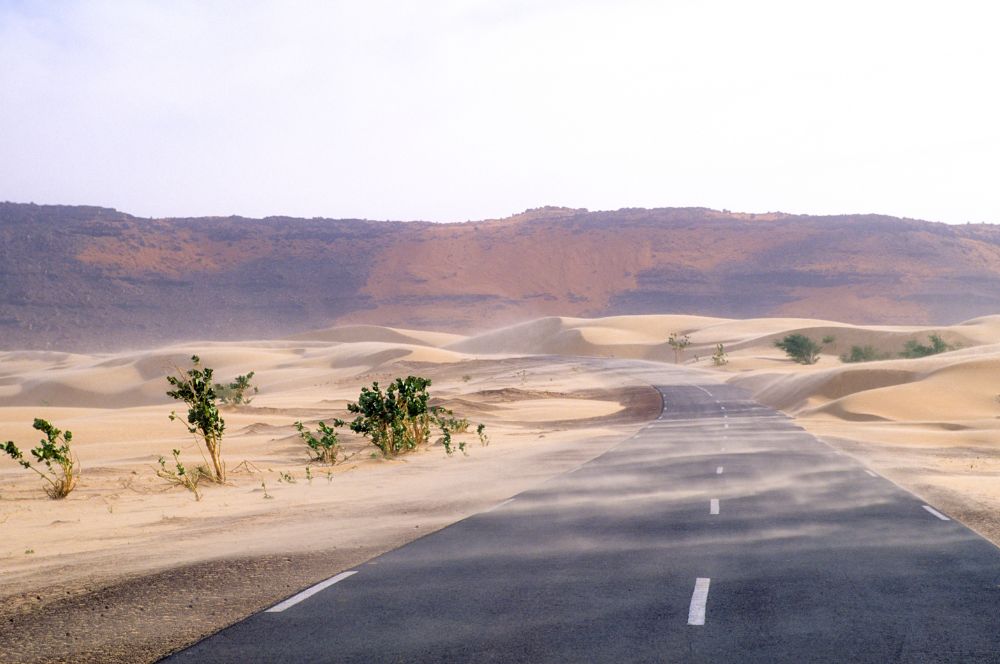Situated on the Atlantic coast of Africa, Mauritania is an amalgamation of North African Margribs and sub-Saharan Africa. This country 90% territory of which is covered by the Sahara!
These fun facts about Mauritania will touch on its unique geography and the numerous things that this country is known for.
1. Mauritania The Sahara Desert Dominates The Country
Mauritania is located on the Western border of the largest desert in the world, the Sahara Desert.
While much of the eastern part of the country is engulfed by the greatest desert, the opposite part meets the serene Atlantic Ocean.
2. They’re Home To The Richat Structure
Also known as the Eye of Sahara or the Eye of Africa, this gigantic geological structure is a famous attraction of Mauritania.

It is so huge that it can be spotted from space! The diameter of this circular structure is around 45km, and its aerial views make it appear like something made by aliens.
Unfortunately, it’s not!
3. It Is Home To Four UNESCO-listed Ancient Towns Of The 11th And 12th Century
Ancient Ksour of Ouadane, Chinguetti, Oualata, and Tichitt are the four ancient towns of the 11th and 12th centuries situated in this country.
Experts suggest that these towns served as trade routes for crossing Sahara in ancient times.
These towns beautifully preserve the urban essence of the 12th to 16th centuries and showcase the traditional nomadic culture.
4. The Country Is Home To The Largest Ship Graveyard In The World
Seeing hundreds of abandoned and wrecked ships is truly astonishing. Located close to Nouadhibou city, the largest ship graveyard in the world is somewhat of a sad sight.
Hundreds of wrecked ships are permanently anchored in shallow waters, never to be used again!
5. Home To The Longest Trains In The World
In Mauritania, you will be able to sit in the middle of the desert and watch one of the longest trains in the world pass by.
It is the “Iron-ore Train,” popularly known as “Train du Desert.” The train is around 2.3km long and connects Zouerat and Nouadhibou.
6. One Of The Best Bird-watching Sites In Africa (Despite The Desert)
The Parc National du Banc d’Arguin comprises both sand dunes and coastal swamps. It is considered one of the most important zones in the world for nesting birds and Palaearctic migratory waders.
It is an important stopover and breeding ground for a variety of migrating birds. Most of these birds come from Europe during the icy-cold winters.
7. Partial Responsible For Launching The Legendary Dakar Rally
Racing enthusiasts already know what the Dakar rally is, and for those who aren’t aware, it is the world’s most brutal and difficult race. I personally tune in each January to watch the carnage!

Covering a huge track of 15,000 km between Senegal and Southern Europe, it was first held in 1978. In 2009, it was relocated to South America for political safety reasons but Mauritania is credited for forming a part of this legendary race.
8. Many Famous Movies Are Filmed In Mauritania
You’ve probably seen the country once or twice through films and documentaries.
Famous movies like Timbuktu (2014), Winged Migration (2001), Human (2015), Break Free (2019), etc., are some of the few very popular movies and documentaries shot in Mauritania.
9. Mauritania Has The Richest Fishing Waters In The World
Fishing contributes around four to ten percent to the country’s GDP and around 30 to 50 percent of its exports. They catch around 750,000 tons of fish annually!
10. One Of The Largest Exporters Of Iron And Gold
Mauritania is the second-largest iron producer in Africa, but the country is planning to double its production by 2026, which will ensure they hold the # spot!
Apart from iron, the country also mines precious metals like gold and copper and is also planning to start natural gas extraction and green hydrogen production.
11. French Is An Equally Popular Language As Arabic
There are more than 700,000 French speakers in Mauritania. Even though it’s not included as a national language as an Islamic country, it is the de-facto national working language.
The country is a member of the International Organisation of La Francophonie (La Francophonie), and a large population of the country fluently speaks French.
12. The Capital Features Extensive Remains Of The Roman Empire
Experts suggest that the archaeological site was founded in the 3rd century BC and was an important outpost of the Roman empire.

Volubilis, the capital, still treasures some extensive remains of ancient Roman architecture, covering an area of around 42 hectares. UNESCO states it to be one of the richest sites in North Africa that bears witness to several civilizations.

